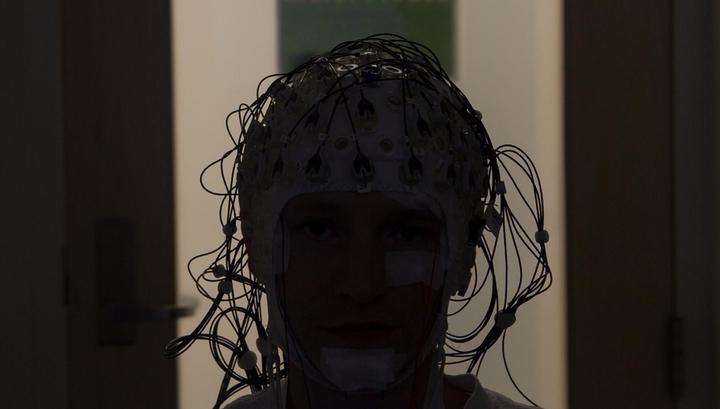Perhaps every once in my life experienced such a situation: a comfortable mattress, soft and warm blanket, perfect cushion ahead of the long-awaited vacation, but, despite the obvious comfort of the bed in the hotel, the first night away from home a person tosses and can not normal sleep. The reason may be that the left hemisphere of the brain refuses to sleep properly when a person is in unfamiliar surroundings. These are the findings of a new study scientists at Brown University.
This is the so-called “first night effect”, which is well known to researchers to sleep. For this reason, the study of sleep in subjects in the laboratory, researchers sometimes do not take into account the data received during the first night. Participants need time to get used to the new environment in which they go to sleep.
“In Japan, usually say that if you replace your pillow, you can not sleep. We all know that the new place is not very good sleep, “- says he is author of the study Sasaki Yuka (Yuka Sasaki)
Experts wanted to find out what is the cause of this phenomenon.. In a series of experiments, experts have used several methods to accurately measure the brain activity of people during sleep for two nights with a difference in a week.
It turned out that on the first night in the laboratory network of neurons in the left hemisphere of the brain remained more active than in the right hemisphere, in particular during the phase of deep sleep.
When the researchers stimulated left hemisphere via the audio signal (included in the right ear), this significantly increases the probability of a person waking up than in the case, when the sound is played in the left ear – at the same time stimulates the right hemisphere
it is noted that in other phases of sleep and when checking other neural networks, there was no difference in activity in both hemispheres
in other words, the study determined that the “first night effect” lies particularly in the passive network operation mode of the left hemisphere of the brain during sleep phase medlennovolnoy

it is known that some birds and marine mammals in turn sleeps only one half of their brain so that they can remain vigilant during their sleep.
author of the study Tamaki Masako (Masako Tamaki) believes that something similar could happen in our brain when we are in unfamiliar surroundings.
Network passive mode of operation of the brain is common throughout the brain, but it seems that only the part, which is located in the left hemisphere, can act as the “night Watch” by controlling the environment around us, and to warn of the potential dangers.
The reason it is such the situation is unknown, but the left hemisphere has a strong links between their sites, which makes it more “vigilant”, suggests Tamaki.
well, the biological basis of the phenomenon of scientists determined, but what do the people who are forced to constantly go on business trips? Tamaki offers simply take it for granted. “Try not to worry too much, as this will cause the brain to wake up, you can also take along something that makes you feel comfortable in a new place.”, – The researcher says
Research. work has been published in the scientific journal Current Biology.
reporters project “Vesti.Nauka” have created a selection of materials, which tells a lot of interesting to all those who for various reasons, does not sleep and wants to normalize your sleep.
No comments:
Post a Comment